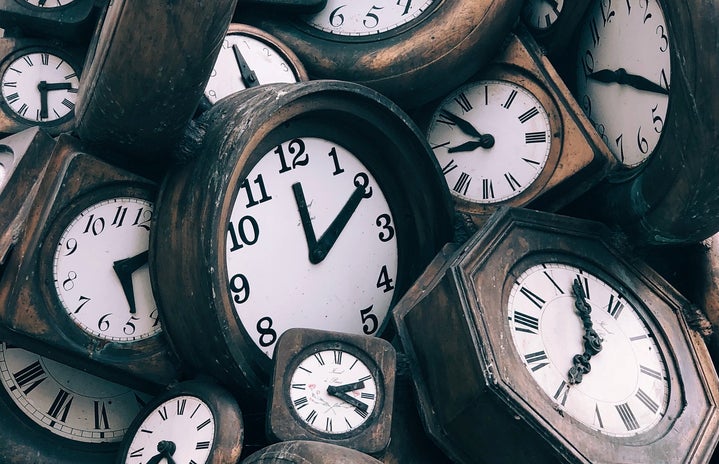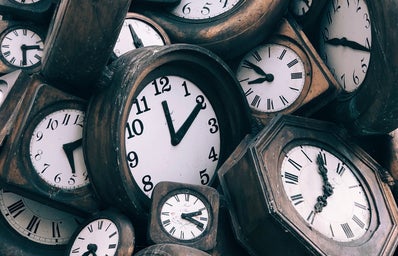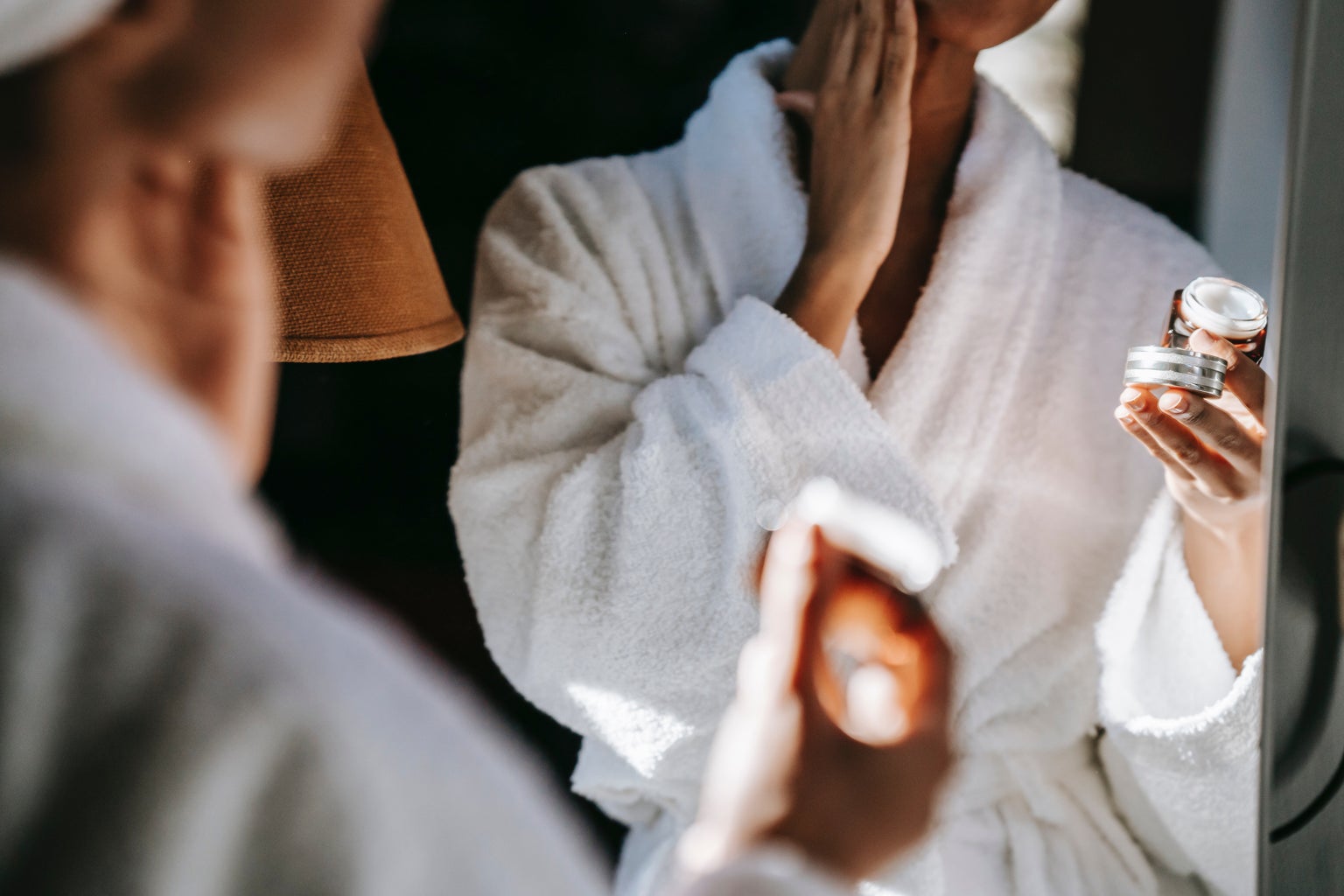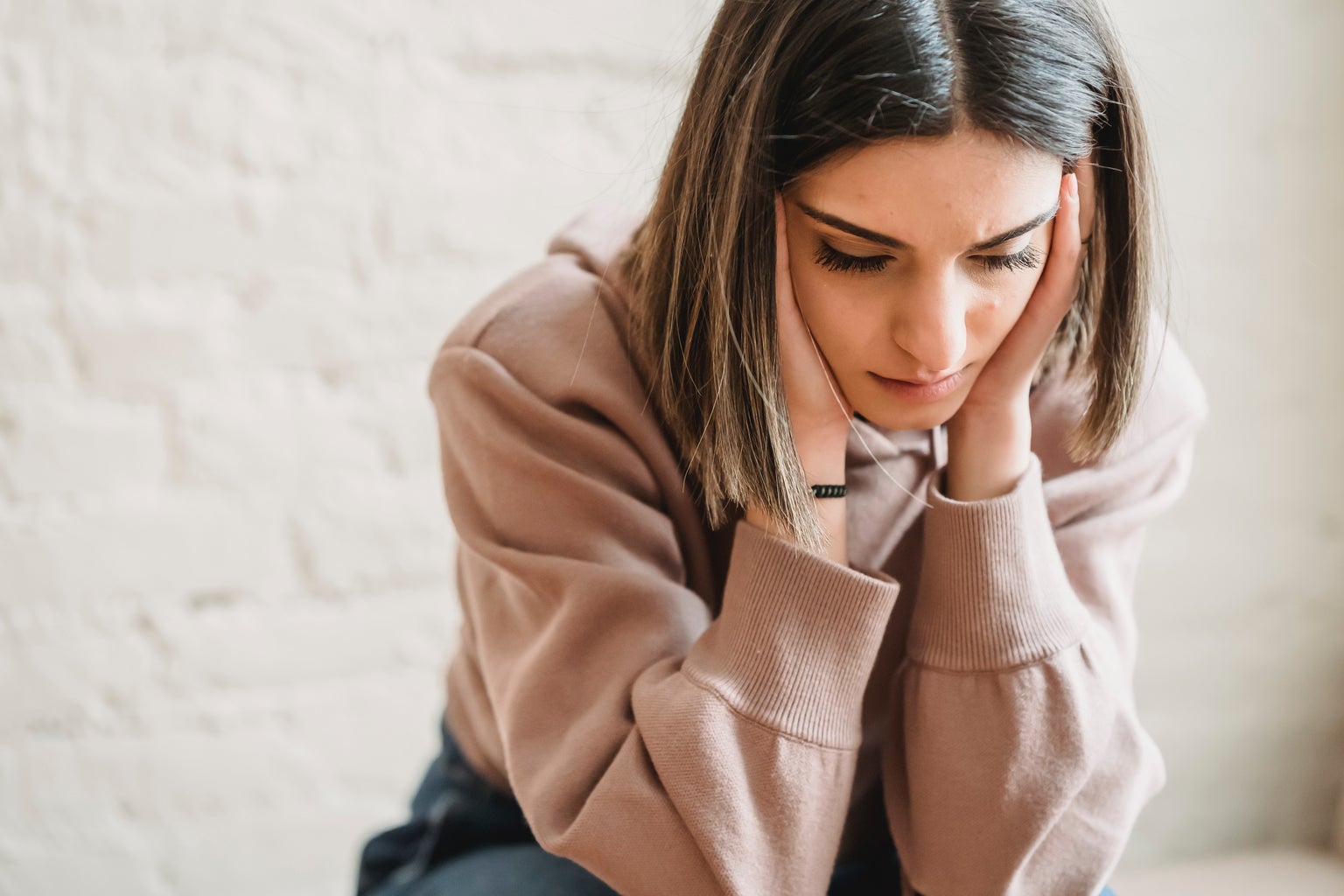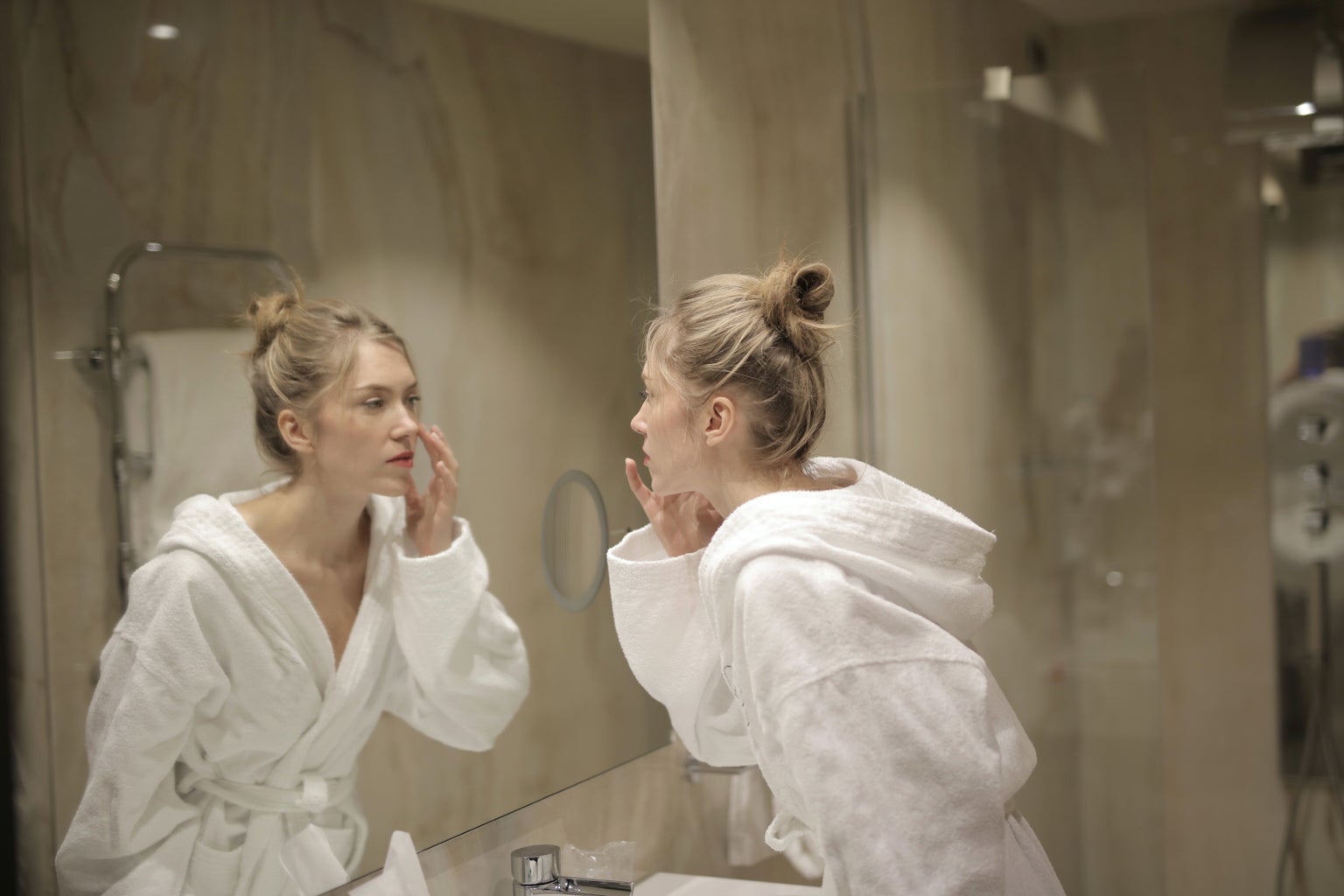Every year on my birthday, I write a letter to myself and set the delivery date for the next year. This way I wake up on my birthday with my own words being the first to greet me. As expected, I woke up on my 20th birthday with a letter. But this letter was a little different. At the bottom was a small list of “long-term investments.”
The “long-term investments” list made sure my twenties would include stockpiles of tretinoin, a Roth IRA, quality bedding, pilates and barre classes and finding my “signatures” (perfume, lipstick and nail color). Just a year ago, I was sure I would land my dream job, buy a house, finally get rid of my acne, go clubbing with friends, find the love of my life and even possibly have a kid in my twenties.
When I read this letter under my stained IKEA duvet in my dorm room with no natural lighting (thanks to the tree that blocks my window), I couldn’t help but feel an overwhelming wave of stress, confusion and emptiness.
With this heavy burden on my shoulders, I problem-solved the only way I know how to. I took a hot shower, walked to a coffee shop, online-shopped and sat down to reflect on my current state. While having a high-paying position, a beautiful home by the beach and being a mother all seem wonderful, I found that nothing on my list spoke to me anymore. I had no idea what I wanted to do with my life, doubted that I could ever afford to buy a beach-side home, and my hope for the male population was dwindling every time I took a breath.
“Even ugly women are beautiful when they’re young” and “Women radiate in their twenties” are quotes I’ve heard from middle-aged female figures in my life. Their stories of aching knees, a cancer scare or an unfaithful husband made my twenties seem like the best age to be.
It’s challenging to place the blame for this harmful narrative because the victims and perpetrators have blurred. The beauty industry capitalizes on women’s insecurities, influencers make their livings off of face cream sponsorships, mothers slather on sunscreen because they fear wrinkles (not skin cancer) and daughters grow up hearing women mourn their youth.
The problem I had with my list was that everything was directly tied to how society values an individual. It’s to be expected that I want to set myself up for success by being ambitious, but it isn’t fair to expect myself to accomplish the biggest milestones in only a decade or stress about the growing distance from my youth. How am I supposed to be excited for the “best years” when the twenties seem like a decade of checking off all the major milestones we’re told are necessary for a fulfilling life? Our value shouldn’t be tied to our productivity levels, whether we can put down a down payment for a home in the next five years or have no smile lines when we’re 40.
People say there’s a time and place for everything, and for me, I refuse to believe my peak years will be in the next decade. You could serve that future to me on a silver platter, and I’d turn my head away. It would be the greatest relief knowing that life is more joyful in my 50s or that I never married my first serious partner because I felt “too old” to be unmarried. I plan to pursue and achieve milestones when I truly want them. Maybe I’ll start a completely new career path at 35 after spending thousands on my degree or become a first-time mom at 40. And I’ll celebrate these achievements just as, if not more, I would have if I achieved them in my twenties. Even though we’ve heard to never let our youth go to waste, we need to remember that good things take time.
